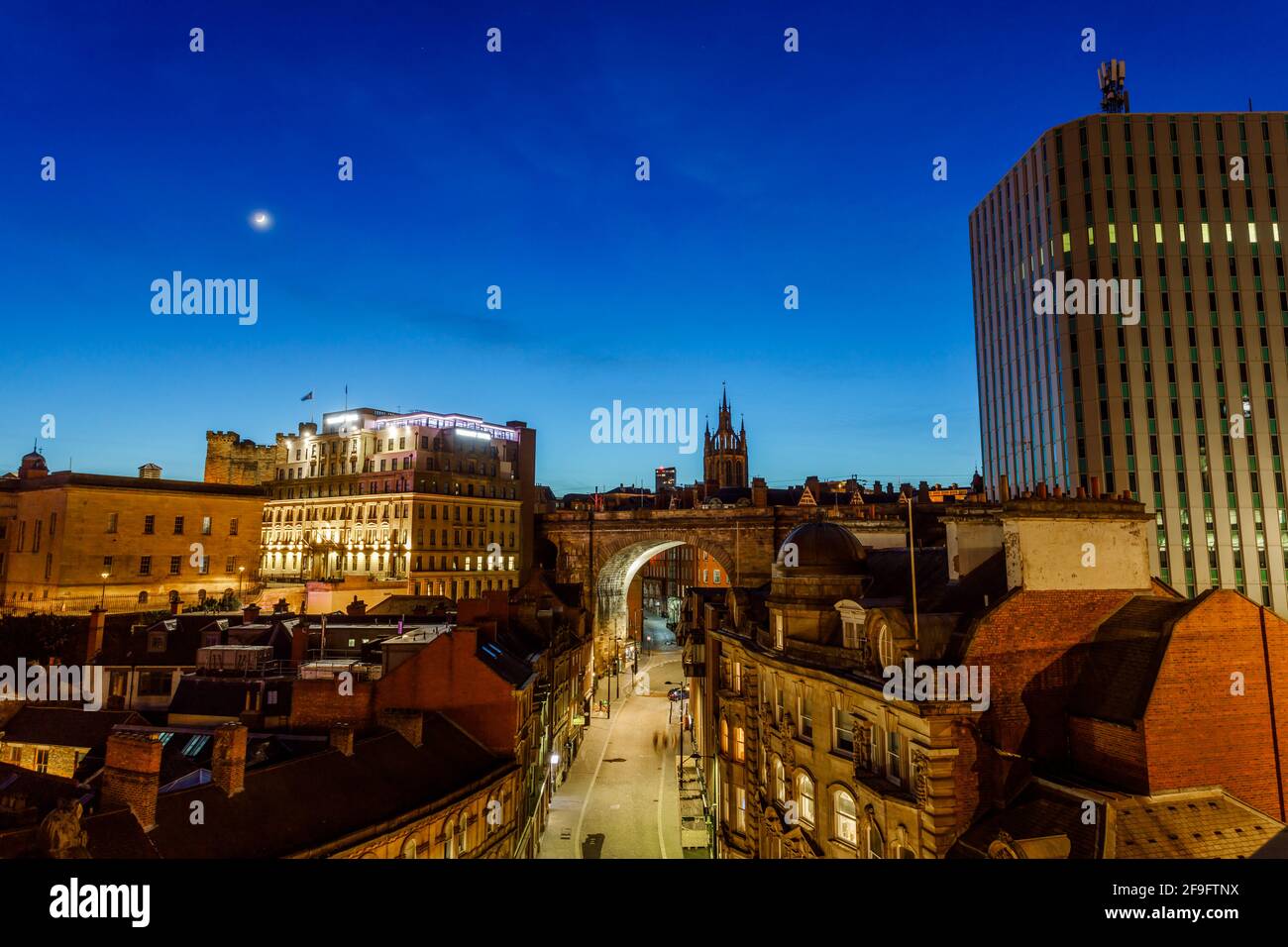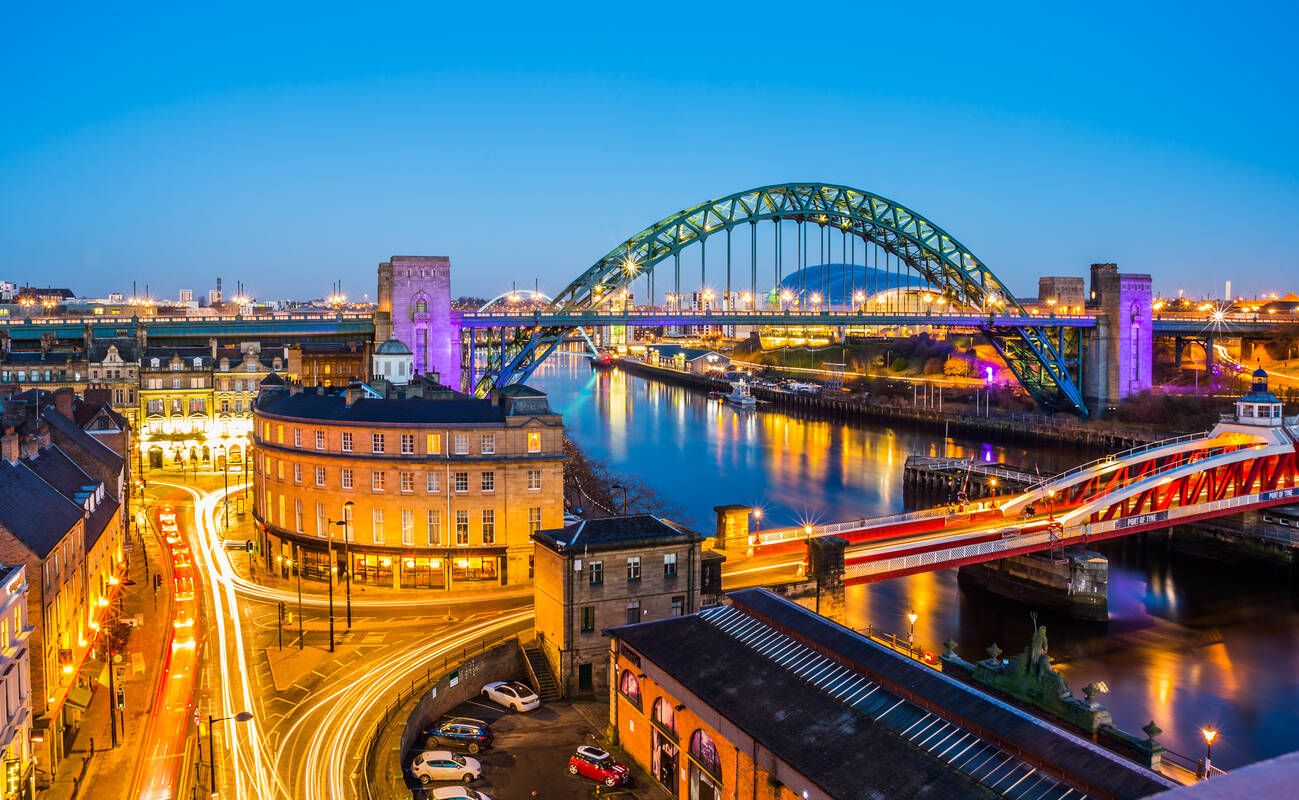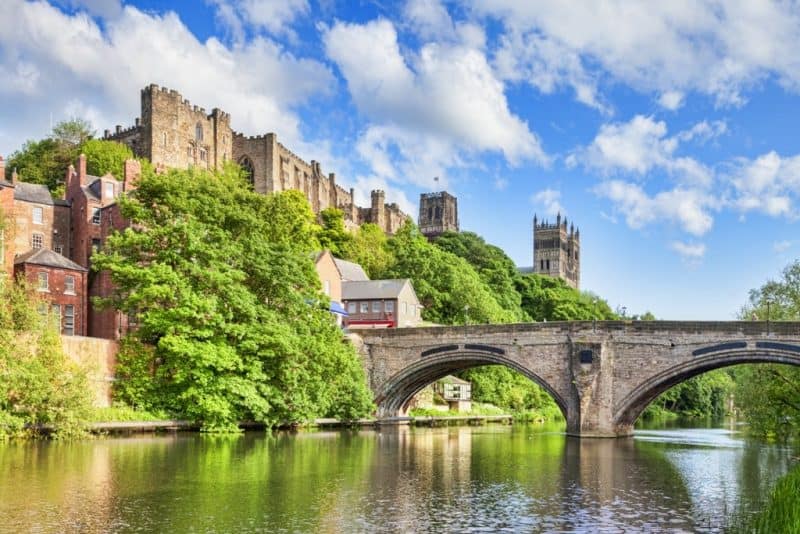Newcastle upon Tyne: A Vibrant Hub in the North East of England
Related Articles: Newcastle upon Tyne: A Vibrant Hub in the North East of England
Introduction
In this auspicious occasion, we are delighted to delve into the intriguing topic related to Newcastle upon Tyne: A Vibrant Hub in the North East of England. Let’s weave interesting information and offer fresh perspectives to the readers.
Table of Content
Newcastle upon Tyne: A Vibrant Hub in the North East of England

Newcastle upon Tyne, affectionately known as Newcastle, is a bustling city nestled in the North East of England. Situated on the banks of the River Tyne, it has a rich history spanning centuries, evident in its architectural marvels, thriving cultural scene, and robust economy. This article delves into the city’s geography, history, culture, and significance, offering a comprehensive understanding of what makes Newcastle a unique and compelling destination.
Geographical Context
Newcastle’s strategic location on the River Tyne has played a pivotal role in its development. Situated approximately 270 miles north of London, it sits within the wider Tyne and Wear region, encompassing the neighboring cities of Sunderland and Gateshead. The city’s topography is characterized by rolling hills, offering panoramic views of the cityscape and the surrounding countryside. The River Tyne, a major waterway, flows through the heart of Newcastle, dividing the city into two distinct halves: the north and the south.
Historical Roots
Newcastle’s history stretches back to Roman times, when it was established as a fort known as Pons Aelius. The city’s strategic location on the Roman frontier made it a vital hub for trade and defense. Following the Roman withdrawal, the area was settled by Anglo-Saxons, and the name "Newcastle" emerged, reflecting its importance as a fortified settlement.
Throughout the medieval period, Newcastle flourished as a key trading center, particularly for coal, which was extracted from the surrounding region. The city’s prosperity attracted merchants, artisans, and skilled laborers, contributing to its growth and development. The medieval city walls, remnants of which still stand today, served as a testament to its historical significance and defensive strength.
Industrial Heritage
The Industrial Revolution transformed Newcastle into a major industrial powerhouse. The city’s rich coal deposits and strategic location on the River Tyne fueled its growth, fostering industries such as shipbuilding, engineering, and coal mining. This period witnessed the rise of iconic landmarks, including the Tyne Bridge, a symbol of Newcastle’s industrial heritage, and the Grey’s Monument, a towering tribute to the city’s founder, Charles Grey, 2nd Earl Grey.
Cultural Renaissance
Following the decline of heavy industries in the latter half of the 20th century, Newcastle underwent a cultural renaissance. The city embraced its artistic heritage, fostering a thriving arts and entertainment scene. The Theatre Royal, a historic venue dating back to the 18th century, continues to attract renowned theatrical productions. The Baltic Centre for Contemporary Art, a modern architectural marvel, showcases cutting-edge contemporary art, while the Sage Gateshead, a world-class music venue, hosts a diverse range of performances.
Modern Newcastle: A Hub of Innovation
Newcastle has successfully transitioned from an industrial center to a modern, vibrant city. The city’s focus on education, research, and technology has attracted leading universities, research institutions, and technology companies. The Northumbria University, Newcastle University, and the Newcastle upon Tyne Hospitals NHS Foundation Trust contribute significantly to the city’s intellectual capital and economic prosperity.
A Thriving Economy
Newcastle’s economy is characterized by its diversity, with strong sectors in finance, healthcare, technology, and tourism. The city is home to major financial institutions, including the Bank of England and the Northern Rock. The healthcare sector is further bolstered by the presence of the Newcastle upon Tyne Hospitals NHS Foundation Trust, a renowned medical center.
The city’s growing technology sector is attracting innovative startups and established companies, contributing to a dynamic and forward-looking economy. Newcastle’s commitment to innovation is evident in its investment in digital infrastructure and its support for entrepreneurship.
Tourism and Hospitality
Newcastle’s rich history, vibrant culture, and friendly atmosphere make it a popular tourist destination. The city’s historic landmarks, including the Grey’s Monument, the Tyne Bridge, and the Quayside, attract visitors from around the world. Newcastle’s vibrant nightlife, with its bustling pubs, bars, and clubs, further enhances its appeal as a destination for entertainment and leisure.
Engaging Attractions
Newcastle offers a diverse range of attractions for visitors of all ages and interests. The city’s museums, including the Great North Museum: Hancock and the Laing Art Gallery, showcase its rich cultural heritage. The Quayside, a picturesque waterfront area, offers stunning views of the River Tyne and a variety of shops, restaurants, and bars. The city’s parks and green spaces, such as the Leazes Park and the Jesmond Dene, provide tranquil retreats from the urban bustle.
A City for Everyone
Newcastle’s diverse population, vibrant culture, and welcoming atmosphere make it a city for everyone. The city embraces its multicultural heritage, with a thriving community of immigrants from around the world. Newcastle’s commitment to inclusivity and diversity is reflected in its policies and initiatives aimed at promoting social cohesion and equality.
FAQs
What is the best time to visit Newcastle?
Newcastle is a year-round destination, offering something for everyone throughout the year. The spring and summer months offer pleasant weather for outdoor activities, while the autumn and winter months provide a cozy atmosphere for exploring the city’s cultural offerings.
What are some must-visit attractions in Newcastle?
Some must-visit attractions in Newcastle include the Grey’s Monument, the Tyne Bridge, the Quayside, the Theatre Royal, the Baltic Centre for Contemporary Art, the Sage Gateshead, the Great North Museum: Hancock, and the Laing Art Gallery.
How do I get around Newcastle?
Newcastle is easily accessible by public transport, with a comprehensive bus and metro network. The city also offers a range of taxi services and cycle paths.
What is the cost of living in Newcastle?
The cost of living in Newcastle is generally lower than in other major UK cities. However, costs can vary depending on lifestyle and accommodation choices.
What is the nightlife like in Newcastle?
Newcastle is renowned for its vibrant nightlife, with a wide range of pubs, bars, clubs, and live music venues. The city’s Quayside is a popular destination for nightlife, offering a diverse range of entertainment options.
Tips
- Plan your trip in advance: Book accommodation and transportation in advance, especially during peak season.
- Take advantage of public transport: Newcastle’s public transport system is efficient and affordable.
- Explore the Quayside: The Quayside is a must-visit destination, offering stunning views and a variety of attractions.
- Visit the museums and galleries: Newcastle’s museums and galleries offer a glimpse into the city’s rich history and culture.
- Enjoy the nightlife: Newcastle’s nightlife is vibrant and diverse, offering a range of entertainment options.
Conclusion
Newcastle upon Tyne is a dynamic and multifaceted city with a rich history, vibrant culture, and thriving economy. From its historic landmarks to its cutting-edge technology sector, Newcastle offers something for everyone. Its friendly atmosphere, diverse population, and commitment to inclusivity make it a welcoming and engaging destination. As the city continues to evolve and adapt, its future holds immense promise, cementing its position as a thriving hub in the North East of England.








Closure
Thus, we hope this article has provided valuable insights into Newcastle upon Tyne: A Vibrant Hub in the North East of England. We hope you find this article informative and beneficial. See you in our next article!